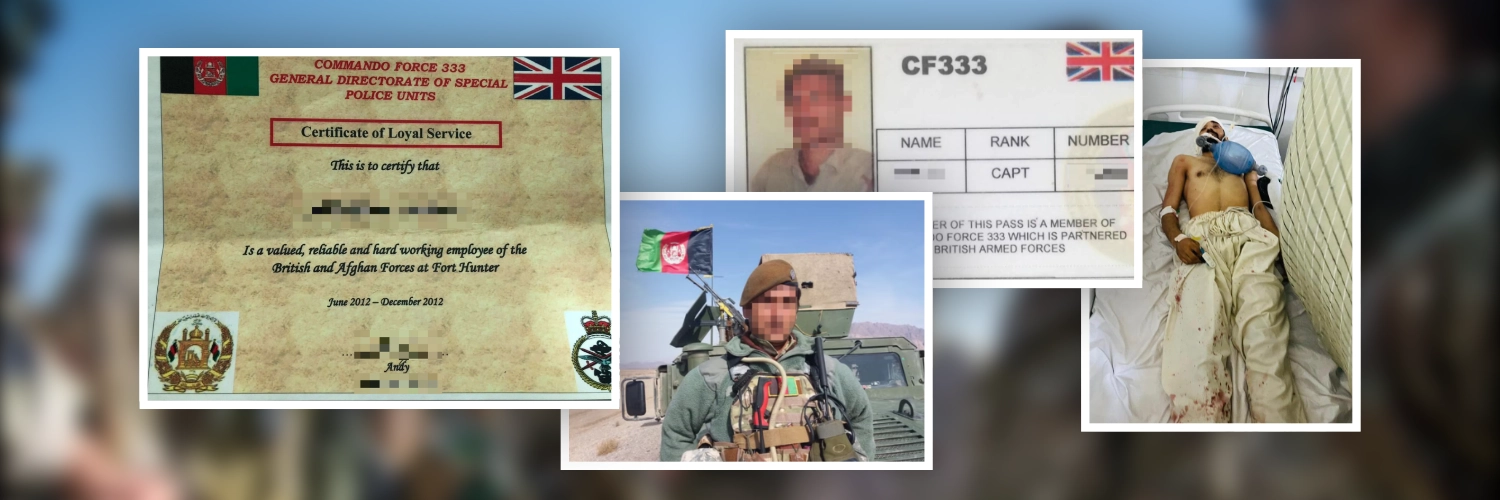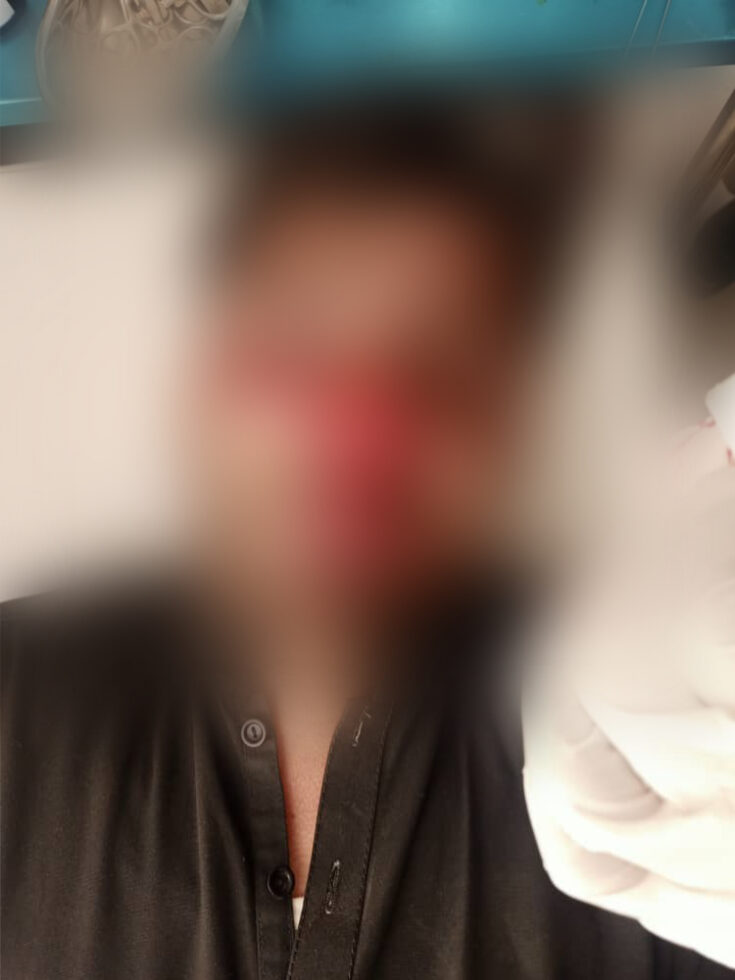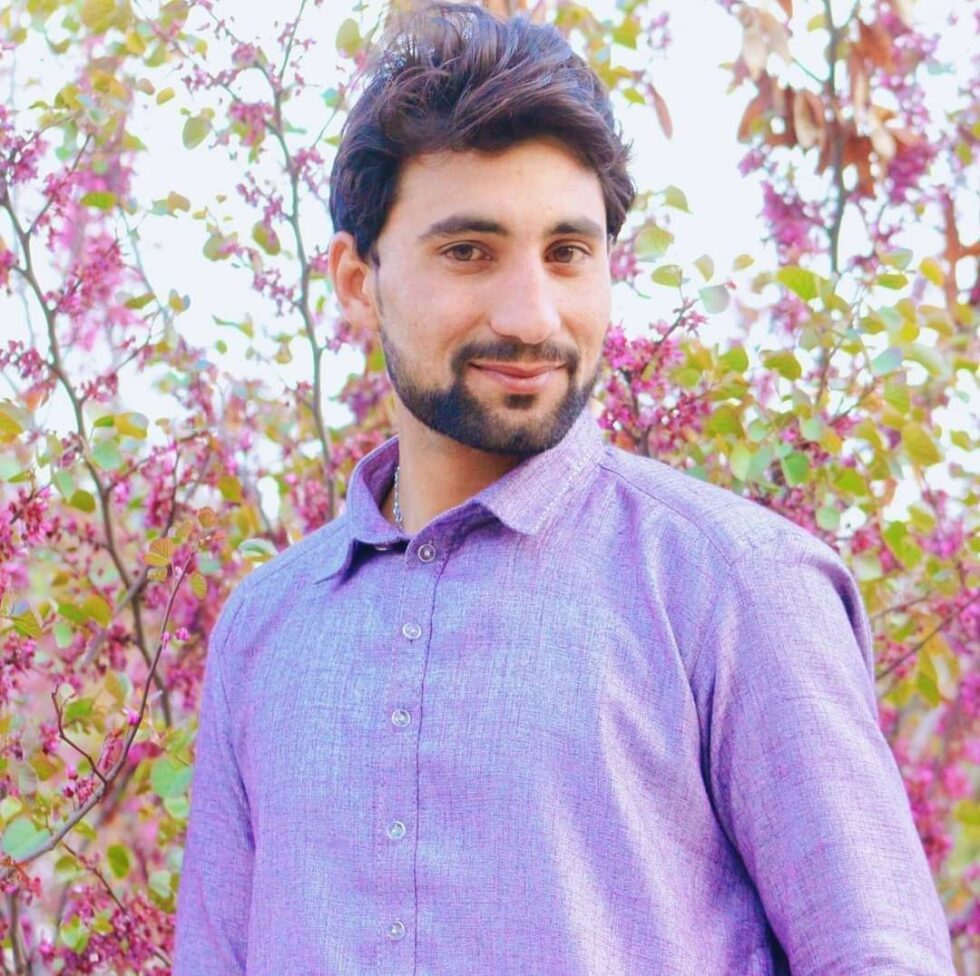
Abandoned Afghan Commandos
Left Behind: Dozens of Afghans who served in special forces units funded and trained by the UK have been murdered or tortured by the Taliban
As thousands of frightened civilians hurried to Kabul airport in mid-August 2021 in a bid to escape Taliban rule, several dozen Afghan commando soldiers diligently provided security and helped fellow Afghans and Brits to board flights.
They had been ordered by the British military to do so and, as their unit had been doing for two decades, they followed their orders. Having worked closely alongside the British, receiving UK salaries and embarking on joint missions in the fight against the Taliban, they were confident that they would be saved once they had fulfilled these duties.
Little did they know that they would be abandoned and over the following two years many would be tortured, and some killed, by vengeful Taliban members.
In the latest in our Left Behind series, in collaboration with The Independent and Sky News, we verified dozens of cases in which the Taliban has beaten, tortured or killed former commandos who served in two special forces units trained and funded by the UK.
The men were part of Commando Force 333 (CF333), a counter-narcotics unit set up by the British Foreign and Commonwealth Office and Ministry of Defence (MoD) in 2002, which later developed sophisticated counterterrorism and counterinsurgency capabilities. In 2007, the British expanded this work by forming a reconnaissance force called Afghan Territorial Force 444 (ATF444). These units became known as the “Triples”.
We found documentary evidence that members of CF333 and ATF444 received a salary from the British Foreign and Commonwealth Office. The ATF444s received this until 2014, when Polish forces took charge of the unit. The CF333s were paid by the British right up until August 2021.
The units worked in what one British veteran who served alongside ATF444 for five years describes as a “completely symbiotic partnership” with the UK forces. “We ate together, fought together, died together. We were completely embedded. We were one unit. You couldn’t work more hand in glove with the British than they did,” he said.
Yet the majority of the Triples were not evacuated in August 2021, and have subsequently been rejected under the UK’s scheme for relocating Afghans who worked with the UK – known as the Afghan Relocation and Assistance programme (Arap). Most have been told this is because they did not work “alongside, in partnership with or closely supporting […] a UK government department” – despite reams of evidence to the contrary.
METHODS
We obtained a list of members of CF333 and ATF444 compiled by a former CF333 member who had previously fled to the UK. We started reaching out to them one by one, contacting more than 100 people overall. Many were able to provide photos, certificates and other documents to show that they served in the units. One had what appears to be a British pay slip with a salary amount and a signature approving it. Some of the former Triples reported that they had been arrested and tortured by the Taliban since August 2021.
Verifying alleged cases of torture or murder was challenging, given the absence of police reports or death certificates in Afghanistan and the lack of visual evidence. Multiple former commandos told us the Taliban would intentionally keep them in custody until their wounds healed, as they do not want to leave any evidence that could be reported in the media. Families were also threatened not to speak out about harms to their loved ones.
Nonetheless, we were able to gather a considerable amount of evidence supporting accounts of torture or murder. Through visual evidence of injuries including lashes to the back and beatings to the face, and in some cases dead bodies, as well as corroborating testimony gathered from the victims, family members and witnesses, we were able to verify 24 cases of harm. Of these, six were murders.
To build up a picture of the close partnership between the Triples and the UK military, we spoke to a number of British veterans who served alongside the units, including former members of UK Special Forces (UKSF). They confirmed that the Triples were paid a salary by the British government, and that for years they shared a base with British military personnel and regularly went on patrol with and took orders from them. We also used Osint techniques to dig out British Army manuals, US military and Nato/Isaf documents and other materials which describe the work of the Triples and their partnership with the UK.
To understand the reasons given by the MoD for denying the Triples relocation, we analysed dozens of rejection emails, the vast majority of which said they didn’t meet the criteria of having worked “alongside or in partnership with” the British.
Crucially, to find out why so many Triples have been rejected under Arap, we spoke to current and former MoD insiders. They informed us that it was UKSF that was effectively “blocking” the Triples from being accepted under Arap, by refusing to approve any of them. We obtained an internal government document on the Arap decision-making process, which confirmed that Triples’ cases must be approved by UKSF before they can be accepted. When approached the MoD did not deny that UKSF was refusing to approve the cases.
STORYLINES
Ahmad* was part of the CF333 squadron ordered by the British to provide security at Kabul airport during the West’s chaotic withdrawal. He had served in the unit for 13 years, during which time he had been seriously wounded twice while on missions with UKSF.
He remained in Kabul for a month, hiding from the Taliban, but it became too risky and he moved to his home village with his family. He managed to avoid any trouble for six months, but in February 2022 his home was raided by Taliban special forces and he was arrested. They questioned him about CF333 and demanded he hand over weapons that he didn’t have.
“One of them said ‘he has nothing to give us’, and said they should kill me. Then they started beating me with rifles,” recalls Ahmad. “They beat me a lot. I lost my teeth, my nose was broken. They thought I’d died. They threw me into a canal nearby.”

Ahmad’s limp body was found by locals who took him to a nearby medical clinic, where he regained consciousness. Photos from the clinic show the former sergeant with a large and bloody gash across his nose and missing front teeth.
The father-of-four received an email from the MoD in July of this year stating that he wasn’t eligible under Arap, claiming he had not “worked in Afghanistan alongside a UK government department, in partnership with or closely supporting it”.
He strongly rejects this claim. “Brits were leading our military operations, living with us in the same military camps […] It’s the famous scenario between Afghans and foreigners: we always think we have become friends, but when we need them they’re not there.”
Initially it seemed as though Ahmad’s friend and colleague, Riaz Ahmadzai, who was also in CF333 and provided security at Kabul airport during the withdrawal, would be okay.
He surrendered his weapons to the Taliban after the West’s withdrawal and they handed him a receipt stating that he would be safe. He nonetheless tried to be careful, rarely leaving the house. But in April 2023, on a rare outing to buy groceries for the family’s Eid celebrations, 24 year-old Ahmadzai was shot dead in front of his home in Jalalabad.

“There were two of them on a motorcycle. They shot him in the head, despite their general amnesty and the promise that he won’t be harmed,” says his father, who asked not to be named. “He died on the spot.”
“Riaz got killed because of his previous work with British forces. He risked his life for five years for the British, but they left him in the airport to the Taliban to be killed. They betrayed him. For trusting British forces, he paid the price with his life.”
*Name has been changed to protect identity

